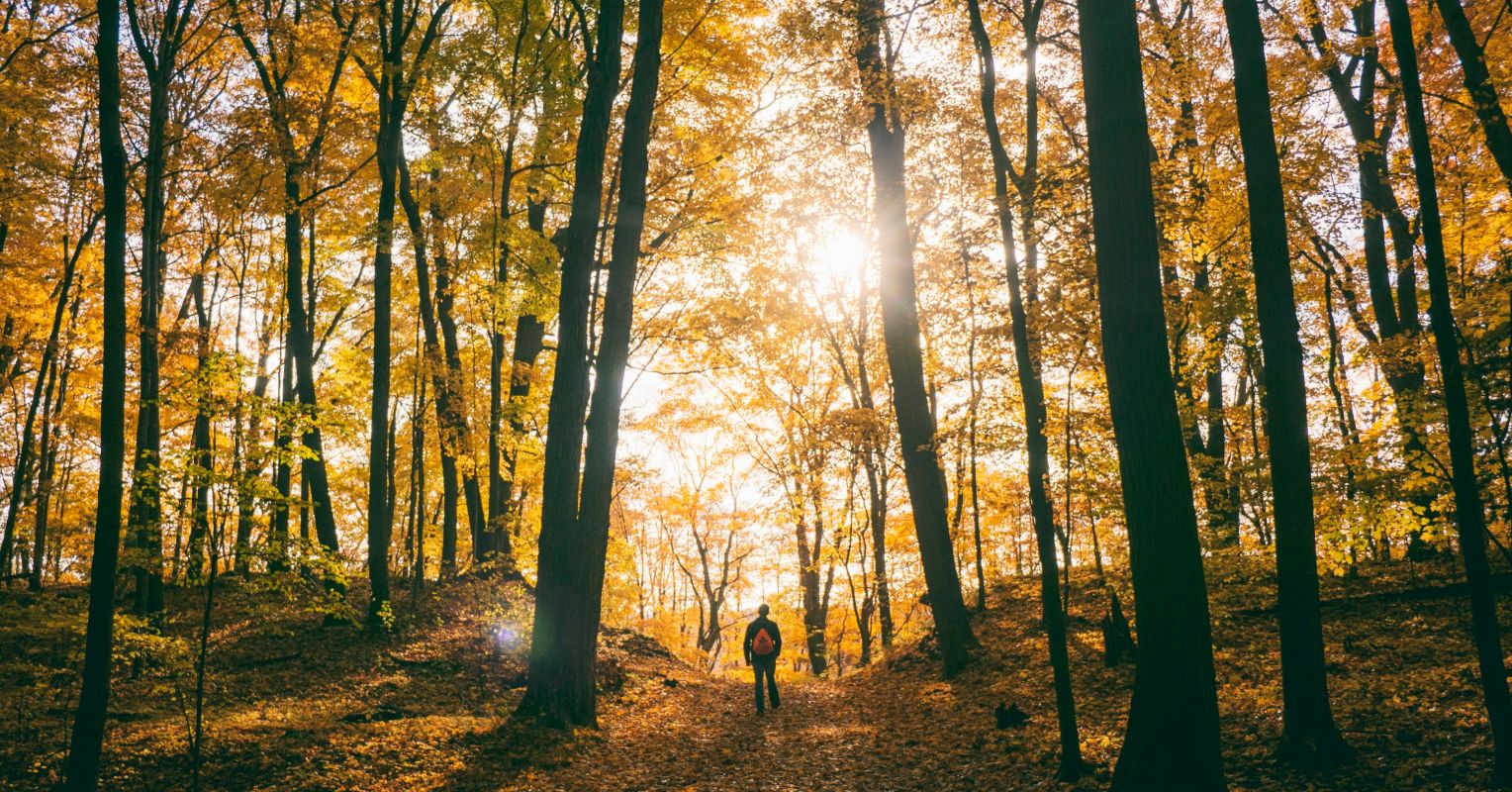
"Taking therapy sessions beyond the four walls of the office transforms practice. While traditional indoor sessions offer a predictable and stable environment, outdoor sessions provide a co-created experience by combining therapy with the benefits of time in nature with physical movement. The walk-and-talk therapy format has grown rapidly over the past five years, accelerated by the pandemic and therapists taking sessions outdoors to reduce COVID-19 exposure risks."
"1. The removal of a barrier to seeking therapy. Many clients have told me: "I would not have gone to therapy, but when I saw that I could do a walk-and-talk session, that felt more approachable." For some cohorts, therapy in the office may feel too direct, clinical, or intimidating. But walk-and-talk sessions remove a barrier to accessing mental-health care."
Outdoor therapy sessions combine psychotherapy with nature exposure and physical movement to create a co-created experience that can empower clients. Walk-and-talk formats grew rapidly during the pandemic and have become permanent for many clinicians due to perceived benefits for clients and therapists. Moving sessions outdoors can lower barriers to care, increase approachability for some populations, and foster place attachment that provides psychological soothing. Clinical orientation affects suitability; some therapeutic models adapt more easily to walking sessions than others. Best practices exist for integrating walking sessions into practice and should be consulted before implementation.
Read at Psychology Today
Unable to calculate read time
Collection
[
|
...
]